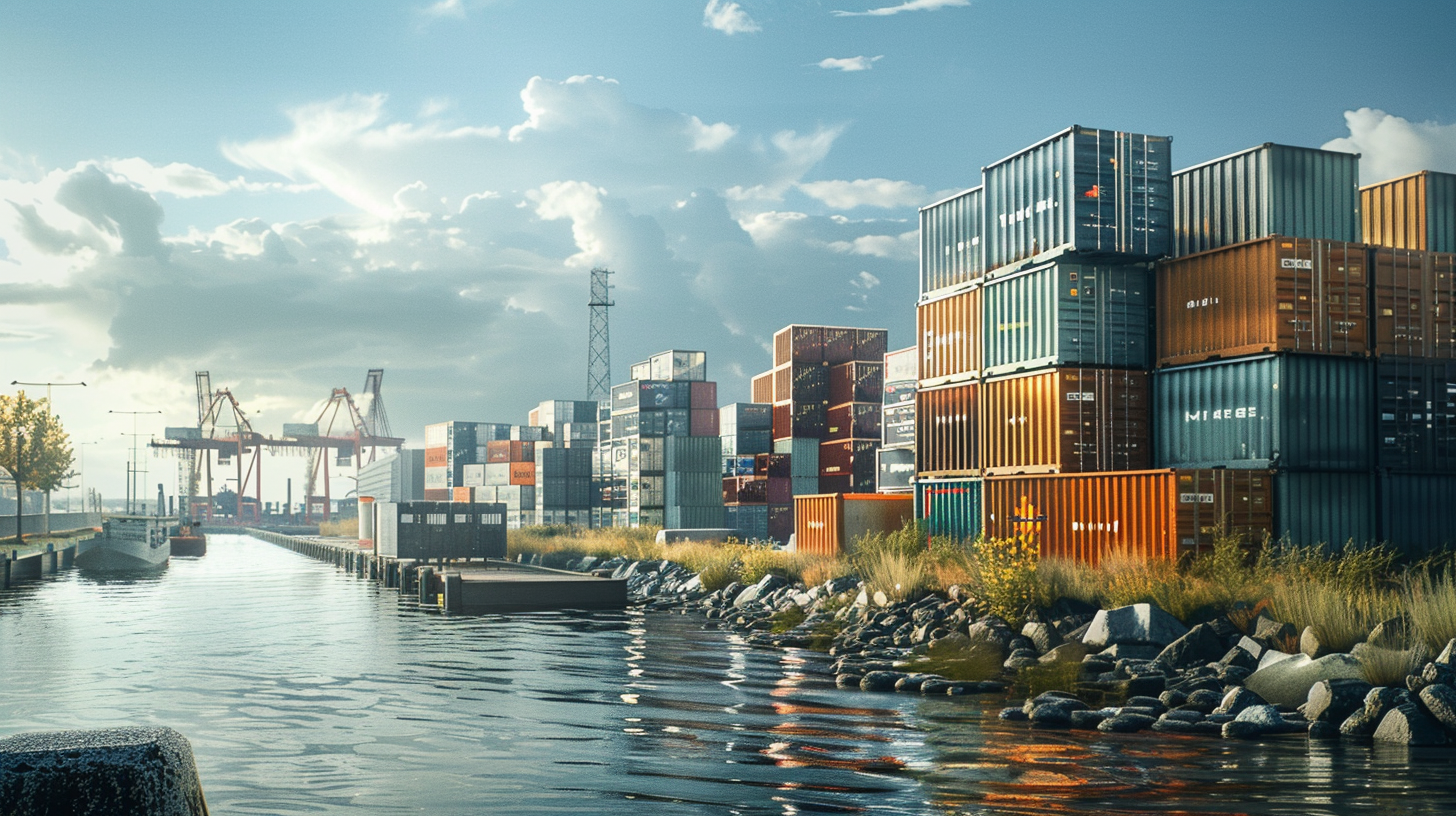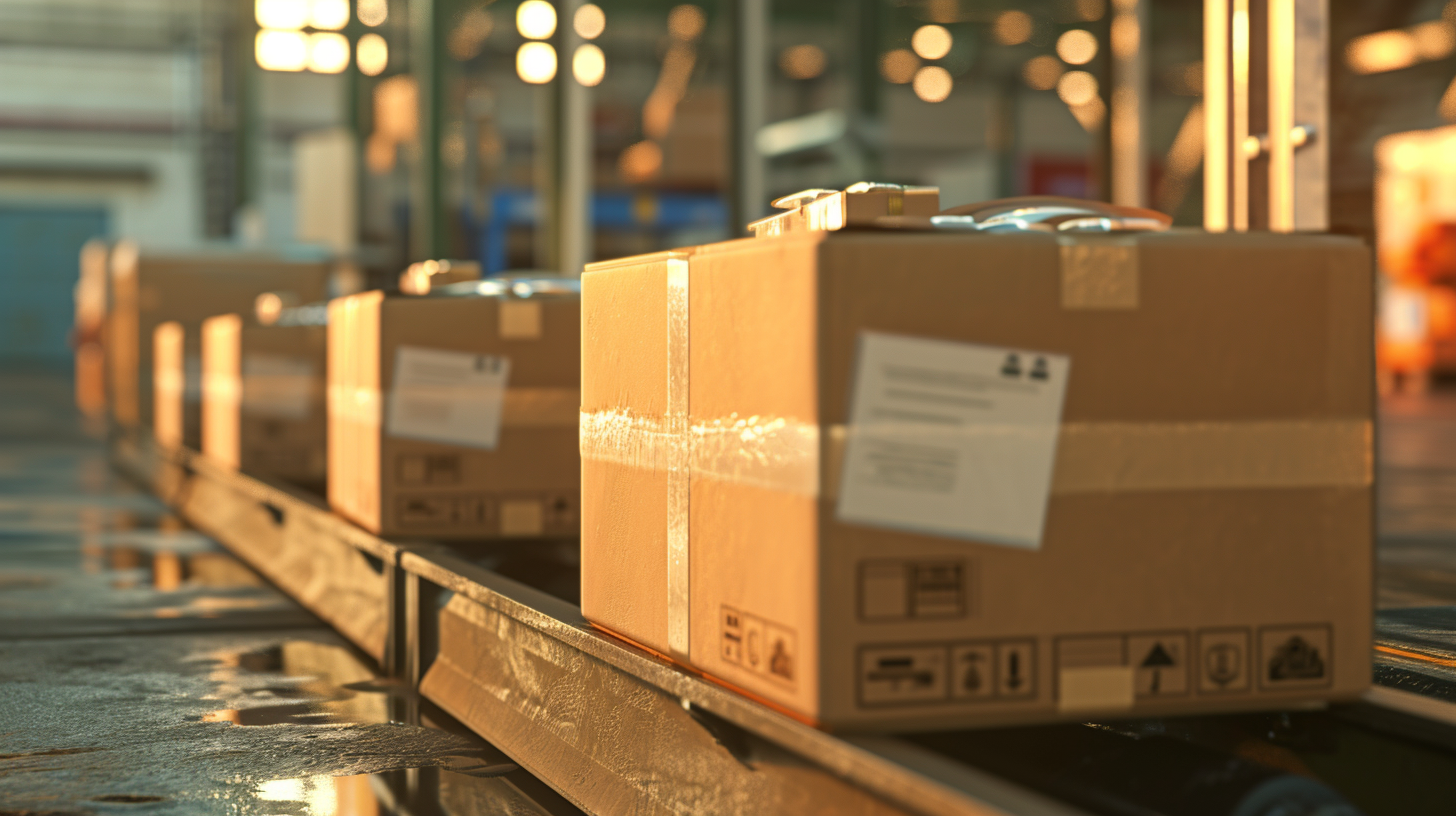What Is Customs Clearance?
Whether you’re importing or exporting goods, shipping internationally can be a complex process. One of the most important steps in the international shipping process is customs clearance. This is the process of obtaining permission to bring goods across international borders. Customs clearance is a highly regulated process and requires compliance with specific procedures and regulations that vary from country to country.
Let’s take a closer look at what is customs clearance and why it’s important for businesses that ship internationally.
What Does Customs Clearance Mean?
Customs clearance is obtaining permission from the relevant authorities to move goods between two countries. The goal of this process is to ensure that all taxes are paid, any applicable duties are collected, and any required documents are properly completed and submitted before goods cross an international border. When customs clear your shipment, they will either release it into free circulation in their country or reject it based on their laws and regulations.
Why Is Customs Clearance Important?
Customs clearance can be an intimidating process for business owners, especially those who are unfamiliar with the process. But customs clearance is vital to ensure that goods can enter and leave countries safely and efficiently. Here are five reasons why customs clearance is important.
1.
Ensure Compliance with National Laws: Every country has its own set of laws and regulations governing the import and export of goods, so it’s important to ensure your business is compliant. Not only will this help prevent costly fines or delays, but it will also help maintain harmonious relationships between you and the countries you do business with.
2.
Avoid Delays at Customs: One of the most common causes of delay in international trade is improper paperwork or incorrect information on documents such as bills of lading and invoices. A good customs broker will ensure that all paperwork is correct before filing it with the relevant authorities, thereby avoiding unnecessary delays at customs.
3.
Save Time & Money: Hiring a customs broker can save time and money in the long run by helping you avoid costly mistakes or delays at ports or airports due to incorrect paperwork or lack thereof. A good broker will have a thorough understanding of all applicable laws and regulations, making them better equipped to handle any issues that may arise during the customs clearance process quickly and efficiently.
4.
Streamline Documentation Processes: A good customs broker will have extensive experience in handling documentation processes related to importing and exporting goods, allowing them to streamline the entire process from start to finish so that your goods arrive on time and without any problems along the way.
5. Improve Efficiency & Safety: Customs brokers are also able to provide advice on ways to improve efficiency when importing or exporting goods by helping businesses identify areas where they could potentially save time or money through improved practices or equipment upgrades such as containerization systems or warehouse automation technology.
In addition, brokers can provide valuable advice on how best to store hazardous materials safely in accordance with international standards so you can avoid any potential accidents or incidents in transit which could result in costly damage claims for your business down the line.
How To Complete The Customs Clearance Process
The customs clearance process typically involves submitting necessary documents and paying the required fees before goods are allowed to enter a country. Depending on the country, you may need to complete additional paperwork or obtain specific permits before shipping your goods.
It’s important to research what requirements you need to meet in order to successfully clear customs for each country you ship to. Additionally, many countries require importers and exporters of certain products to obtain licenses or certificates prior to shipment.
In some cases, companies will hire a customs broker or freight forwarder who has experience with international shipping regulations and procedures in order to ensure that their shipments are properly cleared with minimal delays. A good broker can help businesses stay up-to-date on any changes in laws and regulations that might affect their shipments, as well as provide assistance with paperwork and other required documents.
What Happens If Your Shipment Is Rejected By Customs?
If your shipment is rejected by customs for any reason, you may have to pay additional fees or face fines depending on the country’s regulations. Depending on the severity of the issue, you may also be subject to further investigation and possibly even criminal charges if any illegal activities are involved. It’s important to carefully research all laws and regulations before shipping goods internationally in order to avoid any problems at customs.
Tips For Shipping Internationally
Research requirements for international shipments – Make sure you understand what documents are needed and what permits or licenses may be required prior to shipping.
Hire a customs broker – A good customs broker can help you navigate the paperwork and ensure your shipments are properly cleared with minimal delays.
Use a reliable freight forwarder – Make sure to do background checks on any freight forwarders that you use in order to prevent shipment delays or other issues.
Track your shipment – Tracking your shipment will help you stay up-to-date on its location and allow you to be prepared for any potential issues at customs.
Stay informed about changes in laws and regulations – It’s important to keep up-to-date with any changes in international shipping laws and regulations, as this may affect how your goods are treated by customs.
Conclusion
Customs clearance plays an important role in ensuring that businesses comply with relevant government regulations when they ship goods across international borders. In addition to helping businesses meet compliance requirements, it also helps protect both countries involved in an international transaction by preventing illegal activities such as smuggling or trafficking prohibited items like drugs or weapons.
With the right preparation and knowledge about customs processes, companies can make sure their shipments are cleared quickly and efficiently—allowing them to focus on more important things like growing their business!










